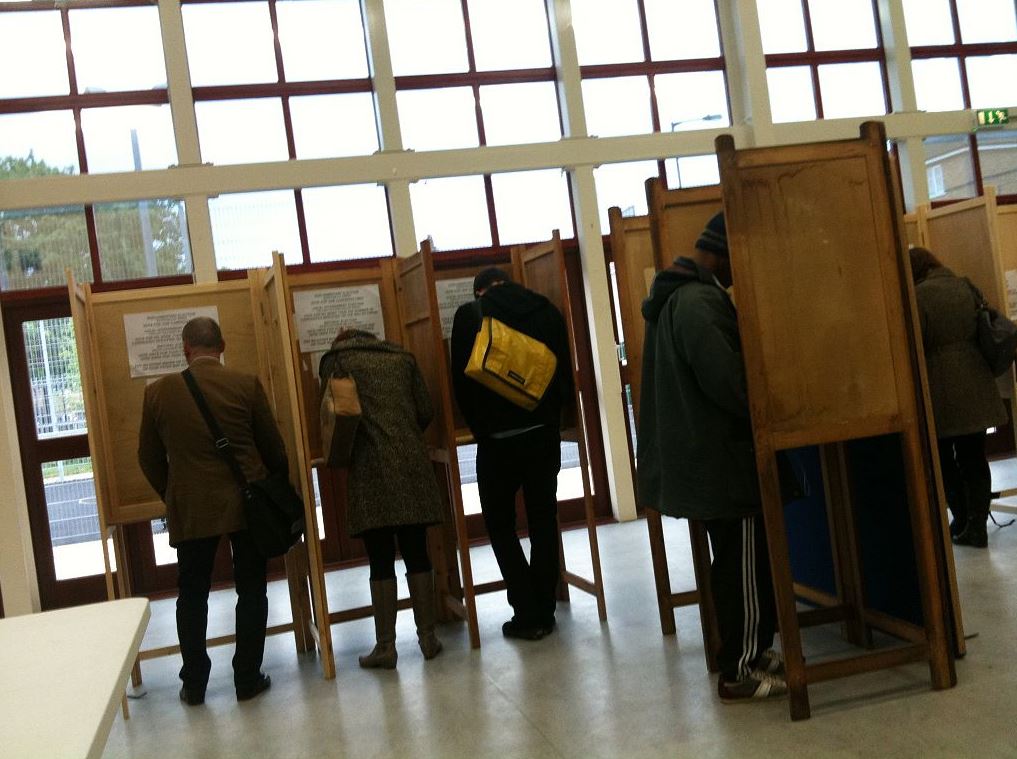Elections in free and open societies are often judged on voter participation rates. Pundits and scholars point to cases of poor voter turnout to support claims that our democracy is slowly decaying. This view is flawed. Voters are often uninformed, and higher voter turnout would do nothing to address this problem.
Voters are regular people with lives. The cost of learning every candidate’s position on every issue, multiplied by all state, local, and federal offices, is incredibly high. The time commitment to obtain accurate information and make an informed decision is simply too high for some. Regardless of one’s particular view on public policy issues, it is fair to state that many voters remain poorly informed.
In addition to the time cost of becoming informed, an individual vote is statistically irrelevant. Rational voters are aware that their individual vote is unlikely to have a meaningful impact on the final election results. These voters often sit out of elections because they believe the entire process is futile.
Political campaigns looking to run up voter tallies often focus on voter registration, advertisements, and other get-out-the-vote efforts. In doing so, they focus more on quantity – winning over as many voters as possible – than quality – working to inform as many voters as possible. This approach risks increasing the share of uninformed voters relative to those who have done their homework. By trying to get as many people as possible out to vote, the decision-making power of the informed voter is arguably diluted.
A healthy democracy is one that empowers the masses to participate in the electoral process. Free, unencumbered access to the polls is the right of every American citizen. However, this does not mean the validity of our democracy, or our election results, is contingent upon high voter participation. If voters do not understand the people and issues they are being asked to consider, they are unlikely to be able to make the choice that best reflects their values, which vary by individual.
Additionally, a recent study by Lawrence Ezrow and Georgios Xezonakis utilized cross-sectional data for 12 established democracies from 1976–2011. The researchers found that voter participation declines as voters become more satisfied with democracy. These results call into question the popular view that higher voter participation rates help legitimize democratic results.
Those citizens who truly care about public policy issues will seek to become informed and use their knowledge at the polls. For those who are disinterested or for whom the transaction costs of becoming informed are too high, perhaps we should stop making them feel guilty for staying at home.
—
[Image Credit: Flickr-Alex Lee CC BY 2.0]
















Leave a Comment
Your email address will not be published. Required fields are marked with *